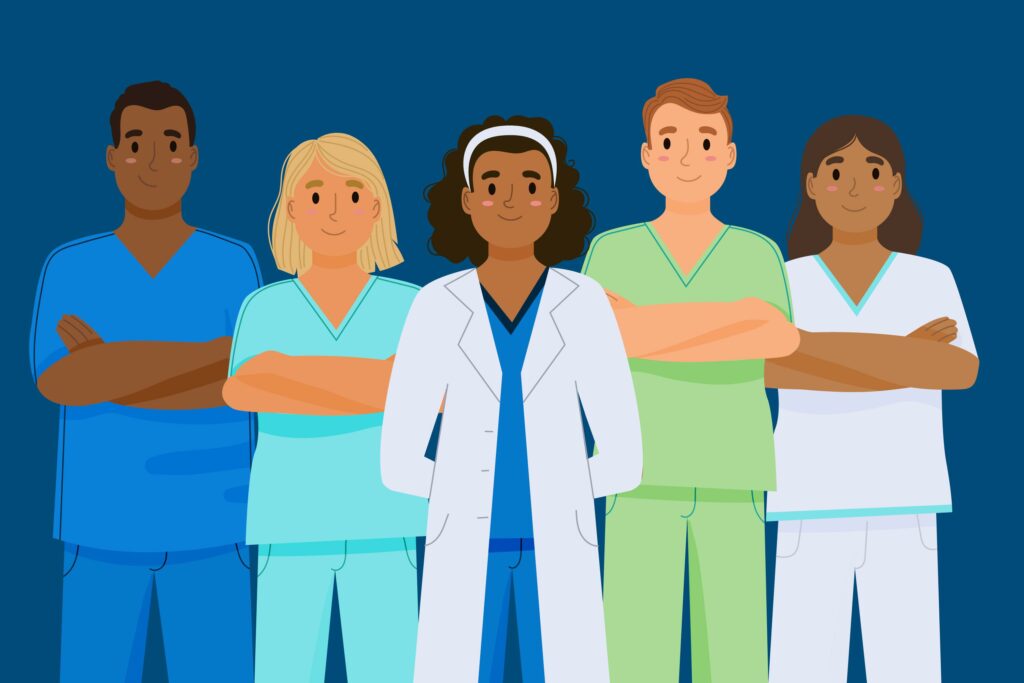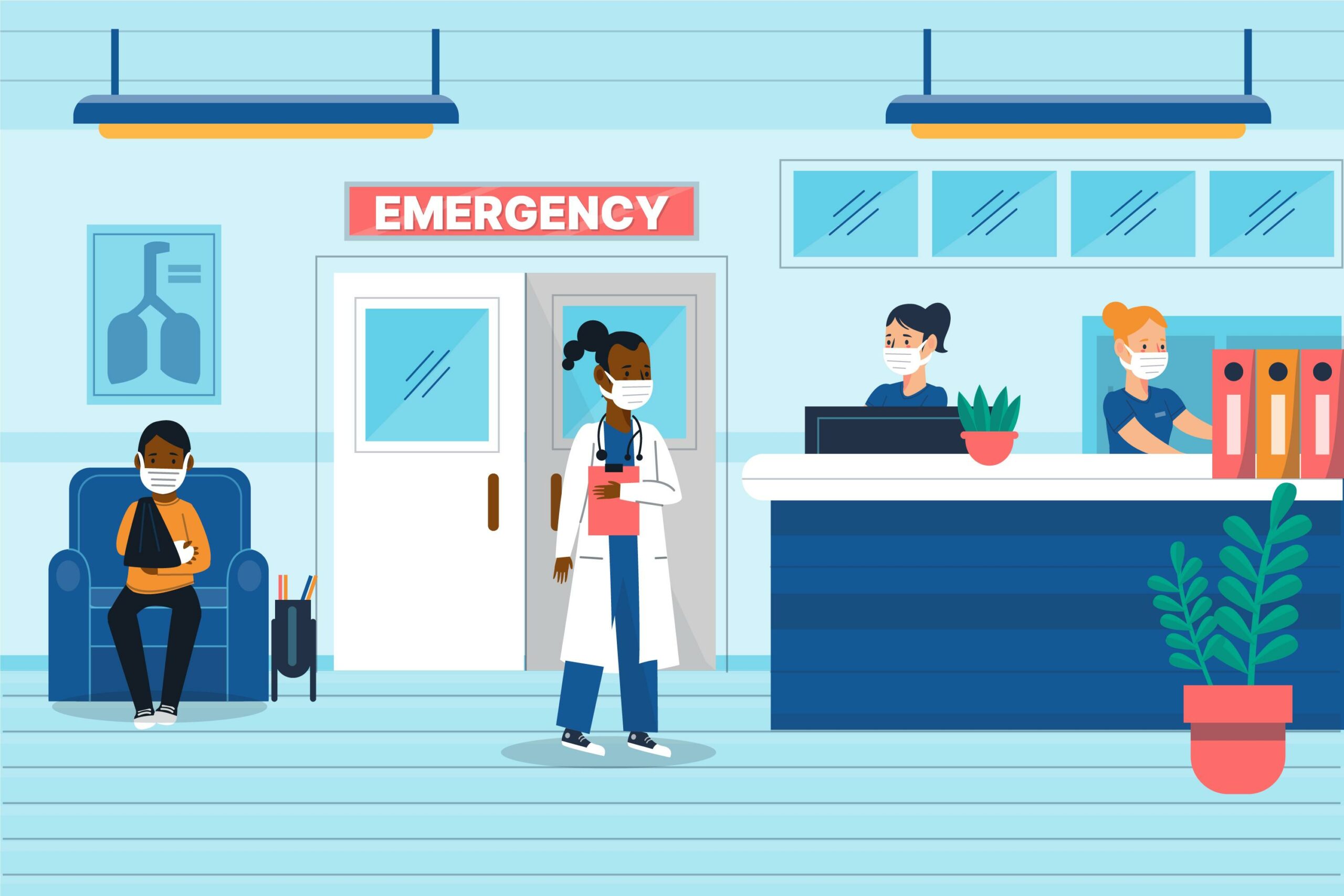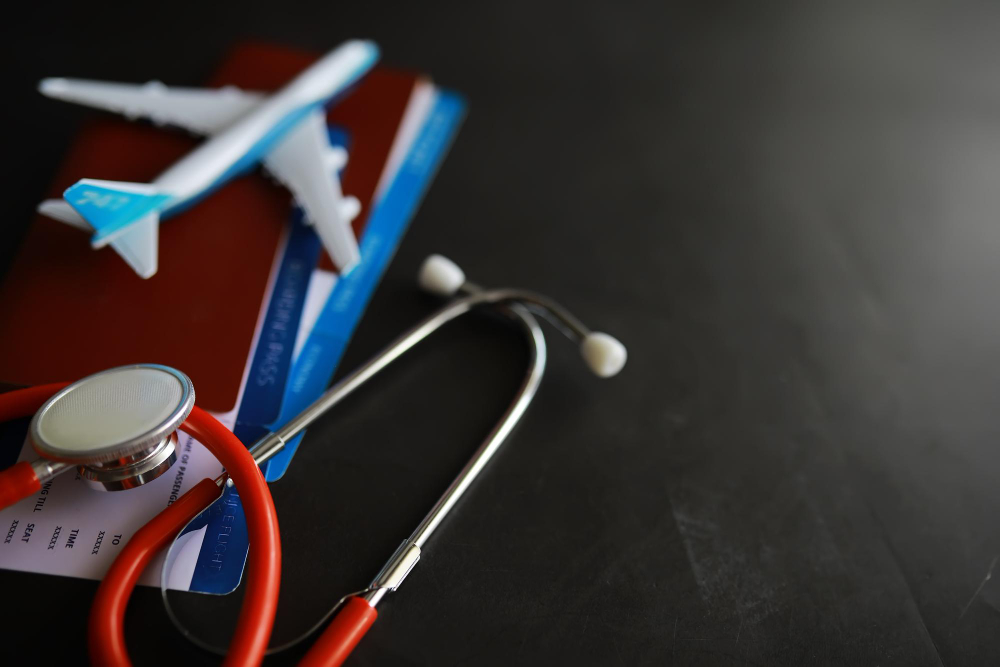burnout
TagStrategies for Retaining Top Talent in Healthcare
Retaining top talent in the healthcare industry is crucial for maintaining quality patient care and organizational success. As the healthcare sector faces ongoing challenges, including burnout and staffing shortages, implementing effective retenti…
Mental Health Support Strategies for Healthcare Personnel
On the surface, nursing jobs meet so many of the criteria that lead to workplace satisfaction. They can elevate a person’s community standing. Most people recognize and appreciate the services of all healthcare workers, but perhaps none more than …
How Will Increased Remote Work in Healthcare Impact Both Employees and Patients?
Some jobs just can’t be done from home. Teachers do their best work in classrooms surrounded by students. Salespeople continue to value the personal face-to-face relationships that fuel their success. And try ordering a cappuccino from a barista w…
Why Emergency Room Roles are in High Demand
Did you know? Healthcare is the fastest-growing field in the United States. This declaration comes to us straight from the horse’s mouth. The Bureau of Labor Statistics published findings in the summer of 2023 that indicated doctors and nurses wou…
- Advanced Practice
- Allied Healthcare
- Dental
- Healthcare
- medical practice
- Mental Health
- Nurses
- Physicians
- Therapy
Managing Healthcare Shift Work Challenges: Strategies for Well-being and Professional Growth
Shift work is a crucial part of many healthcare jobs, especially in hospitals, emergency services, and various clinics. It can offer you the flexibility you need, along with a higher pay rate due to night shift differentials. However, it can also …
Transitioning to Public Health: A Refreshing Career Pivot for Burnt-Out Nurses and Social Workers
The world had to learn the hard way just how important emotional regulation, self-care, and stress regulation habits are during the world-wide pandemic. The extent to which certain industries and those workers were affected are still having an imp…
3 Things To Keep in Mind When Looking for Remote Healthcare Jobs
Working from home can be a godsend if you value your work-life balance or have responsibilities outside of work. You can spend the time you would’ve spent commuting looking after kids, meeting up with friends, and pursuing your favorite hobbies.
…
Prioritizing ‘Me Time’: Tips for Travel Nurses With Busy Schedules
A career in travel nursing presents unique benefits. You get to see the world, experience different cultures and customs, and take pride in knowing you’re making a difference where it’s needed most. While travel nursing assignments are typically o…
Stress, Stamina, and Service: Exploring Healthcare’s Most Demanding Jobs
Healthcare workers are some of the most commendable and hard-working professionals in modern-day society. From dealing with high-pressure situations on a daily basis to picking up the slack caused by professional shortages in the industry, these p…
Navigating the Nursing Specialization Spectrum: A 2023 Skills Primer
Many people are under the misconception that Covid caused the nursing shortage that has been plaguing hospitals all over the country for the last several years. Which makes sense. It’s the big bad boogyman that can be blamed for everything from th…










